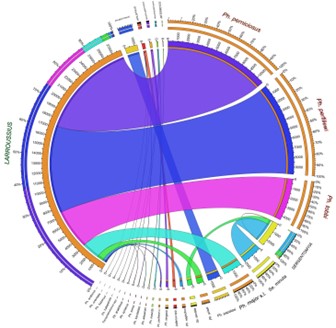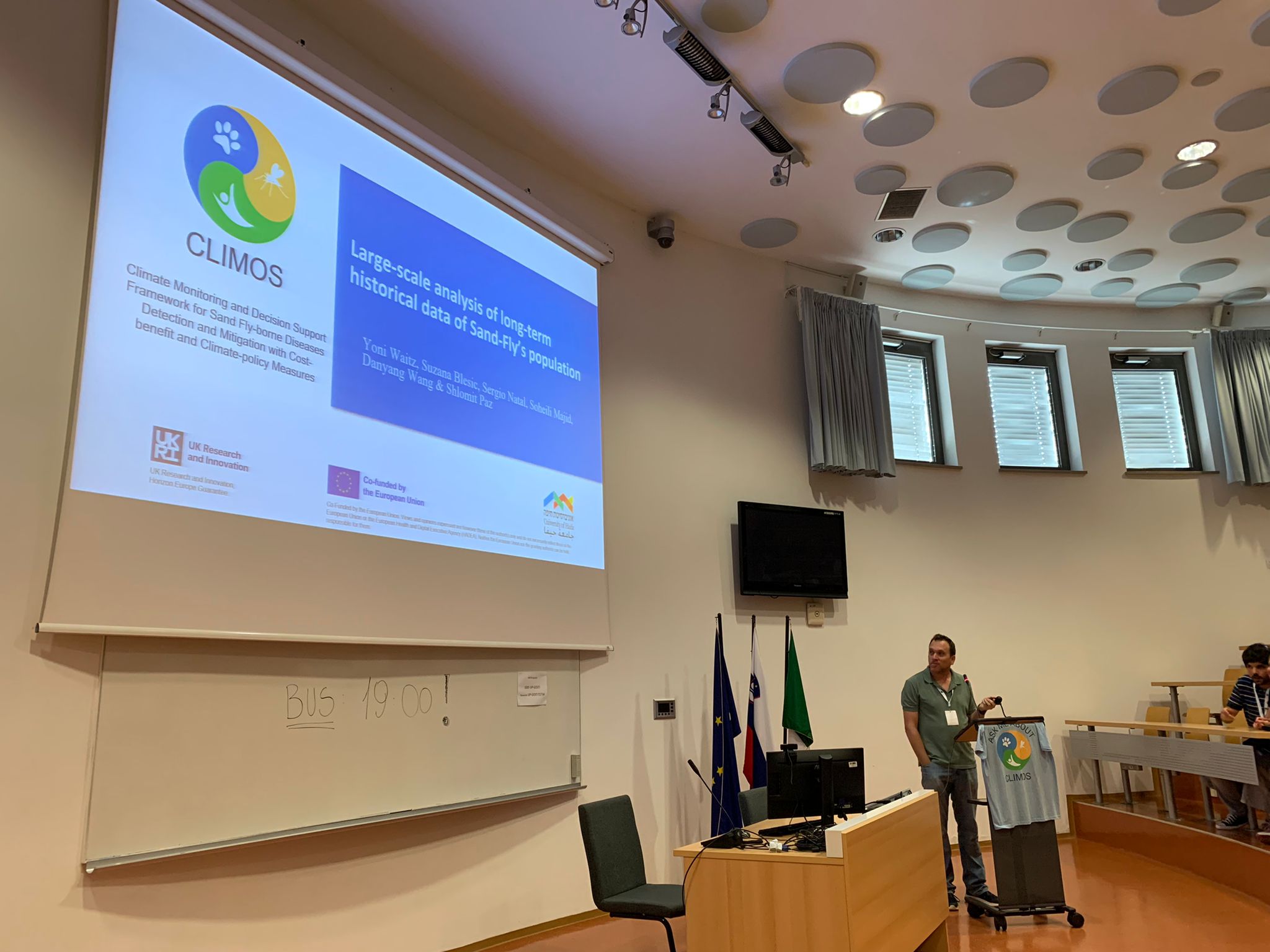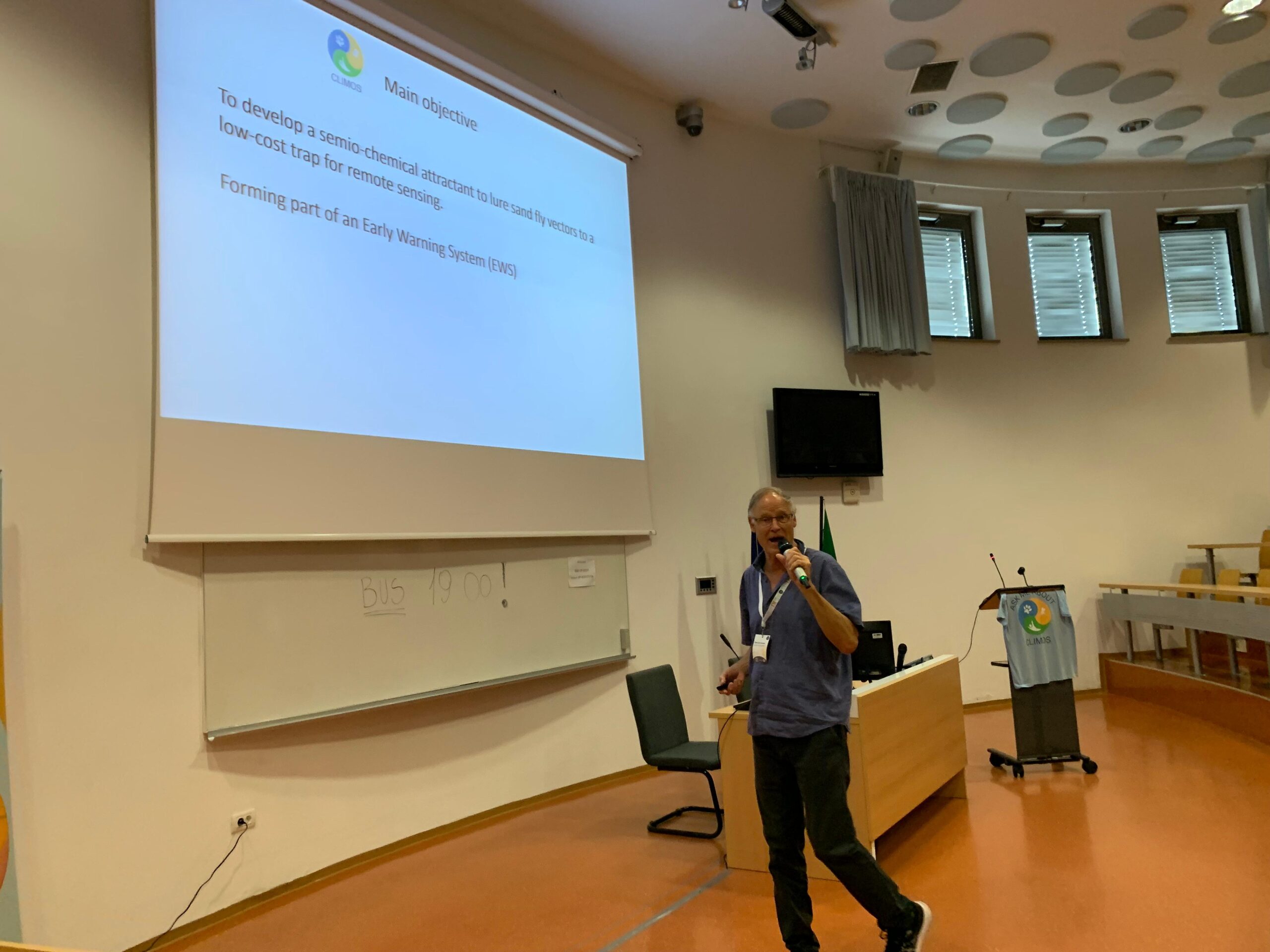

Screening for Leishmania has been completed in Austria, Croatia, Germany, Italy, and Slovenia, while Phlebovirus analysis was done in Austria, Croatia, Corsica, Germany, and Slovenia. Manuscripts on the vector competence of Ph. perniciosus and Ph. tobbi for Leishmania species are under review, and a new study on Sergentomyia minuta is in preparation. The design of a new semiochemical-sticky trap for sand flies has been finalized, and a prototype trapping device with a camera and battery pack is in progress, promising significant enhancements in sand fly monitoring and control.
Research of recombinant salivary antigens as markers of exposure to sand flies is being conducted, which will be used to estimate exposure in both dogs and humans, providing critical information for disease risk assessments.
CLIMOS at ISOPS XI
From September 9-13, 2024, the 11th International Symposium on Phlebotomine Sandflies (ISOPS XI), brought together 111 leading researchers from 27 countries to address the growing threat of sand fly-borne diseases amid climate change n Portorož, Slovenia.

The CLIMOS project shared its latest findings in a session chaired by Ozge Erisoz Kasap. Carla Maia and Suzana Blesić outlined how the CLIMOS project seeks to improve understanding of these drivers, while Vit Dvorak and Gioia Bongiorno discussed sand fly sample collection, and the detection of Leishmania and Phlebovirus in both sand flies and animal samples. Innovative approaches were also shared, such as Jovana Sadlova’s research on the vector competence of European sand flies and Orin Courtenay’s development of a semio-chemical attractant monitoring device. Iva Kolarova presented the creation of recombinant salivary antigens as risk markers, and Sergio Natal introduced an Early Warning System for disease prevention. The session concluded with insights from Yoni Waitz on large-scale data analysis of sand fly populations and Diana Guardado’s emphasis on disseminating sand fly research to wider audiences. Together, these contributions underscored the importance of climate-driven strategies and cross-disciplinary collaboration in tackling the growing challenge of sand fly-borne diseases.






